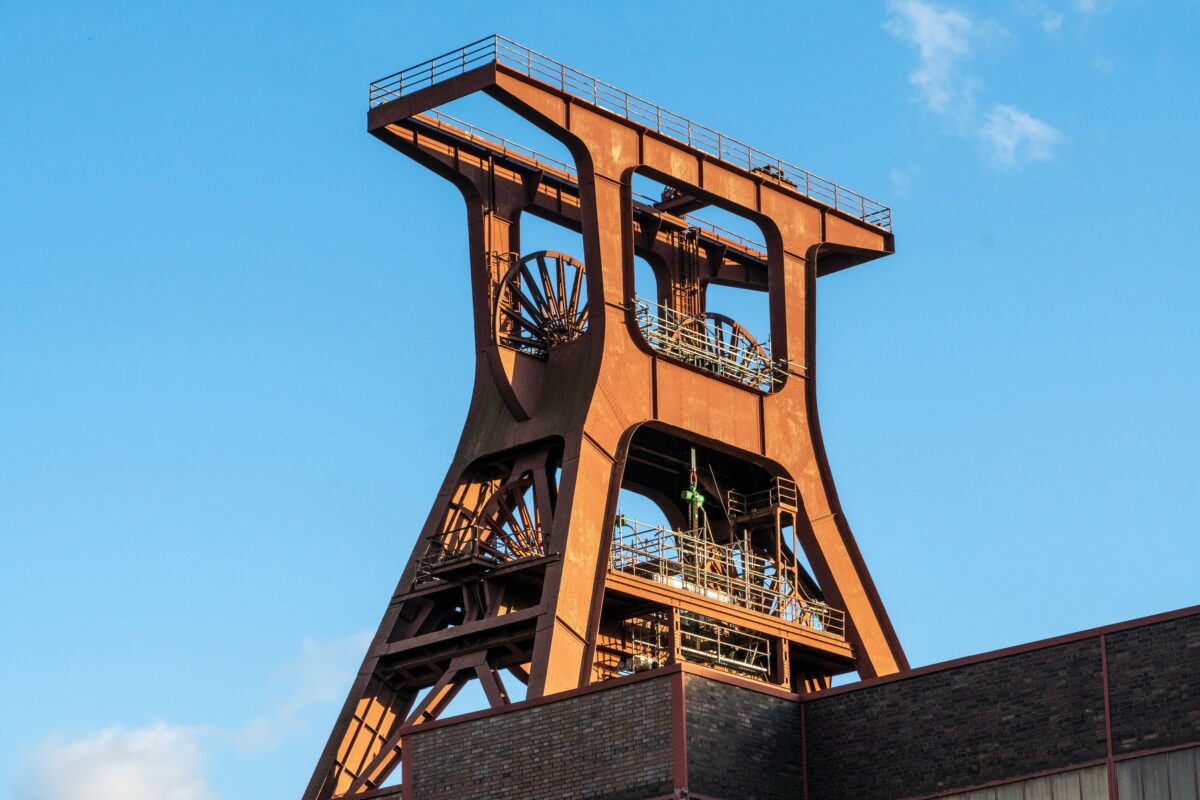Participating in today’s Climate and Energy Jobs Summit at Parliament House, the Carbon Market Institute (CMI) has reinforced the need to scale up capacity and address skills shortages across the carbon market supply chain, in order to successfully seize opportunities and navigate challenges in the transition.
Attending the preliminary Summit ahead of the Jobs and Skills Summit in early September, CMI CEO John Connor said today’s event provided an important opportunity for cross-sector consultation on policy solutions that must provide clear direction and governance structures.
“It’s vital that we have policy that drives confidence in a well-managed transition, to ensure we build capacity and maximise opportunities, but also to address skills shortages and support sectors which face greater disruption.”
“This needs to be navigated carefully, but with the right guidance in place, there are opportunities across the emissions reductions and removals supply chain to bridge skill gaps, grow carbon market literacy and capitalise on greater investment in these solutions.”
For the land sector, it is estimated that around 10,500-21,000 direct and indirect jobs can be created from carbon farming by 2030 with strong climate policy[1], while the Albanese government’s Powering Australia plan estimates that five out of every six jobs will be created in regional Australia.
“Australia’s large landmass and 10 years of experience in carbon farming provide this sector with a real opportunity to be central to the transition, and indeed a beneficiary of greater investment. Equally, we must maximise these opportunities for Indigenous Australians, ensuring diversity and equity considerations are also key to major policy,” said Connor.
CMI’s Post-Election Priorities document calls for a series of specific measures to build greater capacity and manage a ‘just’ transition, including:
- A national agricultural extension services that underpins carbon, biodiversity and environmental stewardship initiatives, to assist farmers and other landholders to better understand carbon from an on-farm and market perspective.
- With over 90% of the fixed Carbon Abatement Contract (CAC) dividend to come from land-based project contracts, it is highly appropriate that a significant proportion is re-invested in ongoing and high integrity ACCU purchases, landholder extension services, and research and development.
- A regionally focused Just Transition agency or framework with sufficient funding to support people, communities, business and Indigenous stakeholders. This would ensure a sustainable and just economic transition as unabated emission intensive facilities are phased out or transformed.
About the Carbon Market Institute
The Carbon Market Institute (CMI) is a unique independent member-based organisation that is an industry association that also promotes best practice for business in the transition to net zero emissions. Its over 140 members include primary producers, carbon project developers, Indigenous corporations, legal, technology and advisory services, insurers, banks, investors, corporate entities and emission intensive industries developing decarbonisation and offset strategies.
For further information, contact Thomas Hann on 0408 880 536 or thomas.hann@carbonmarketinstitute.org



